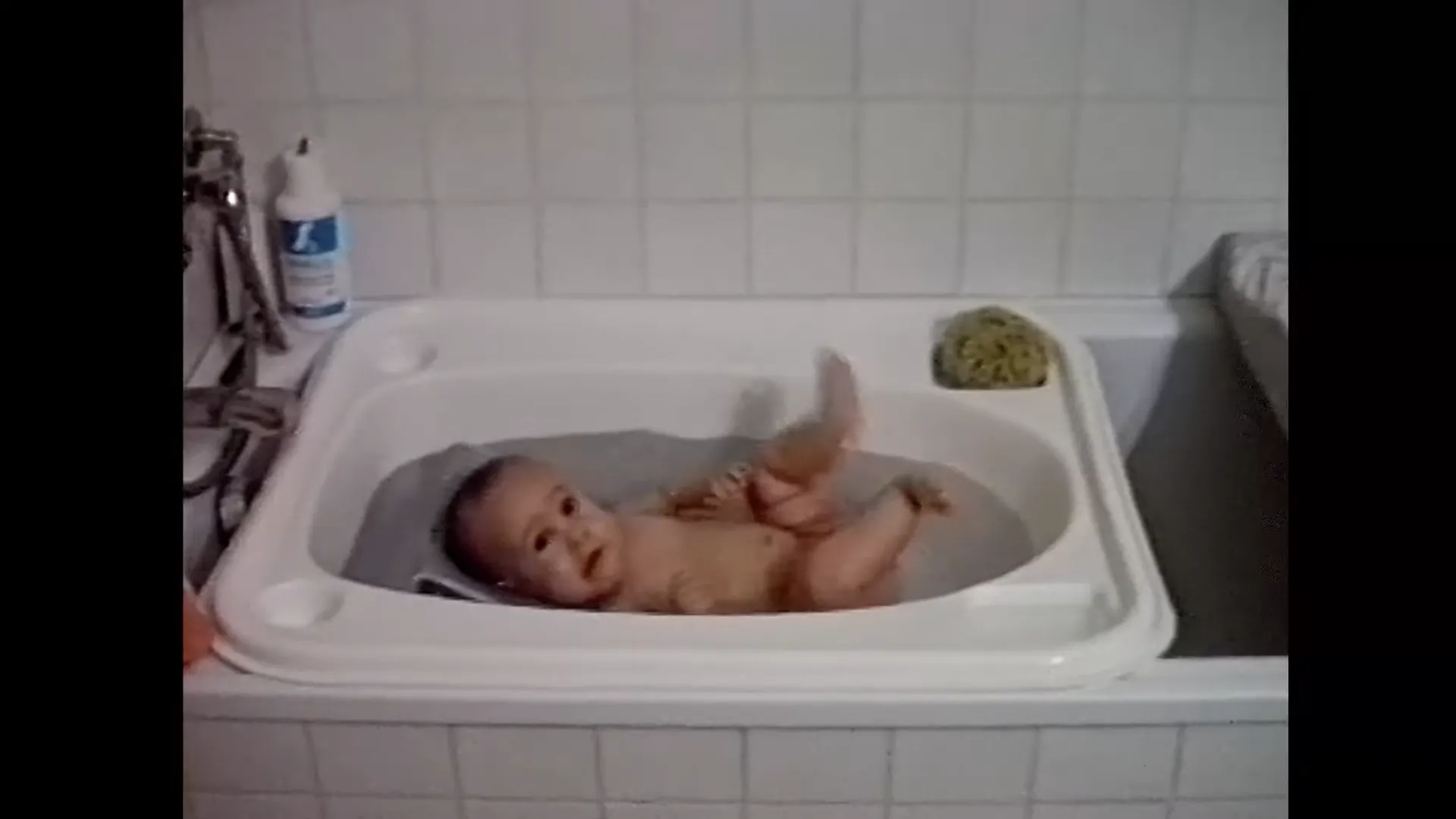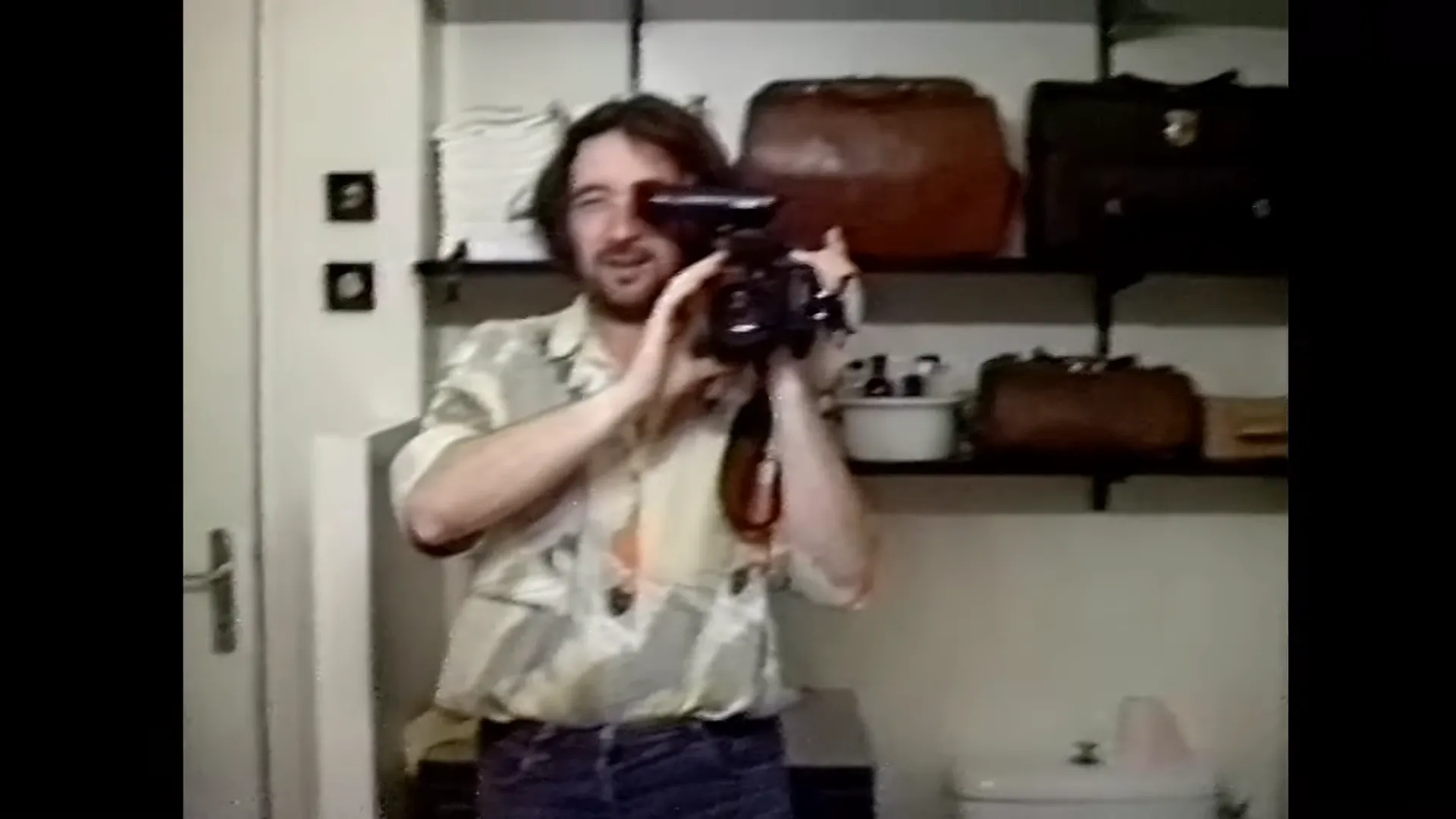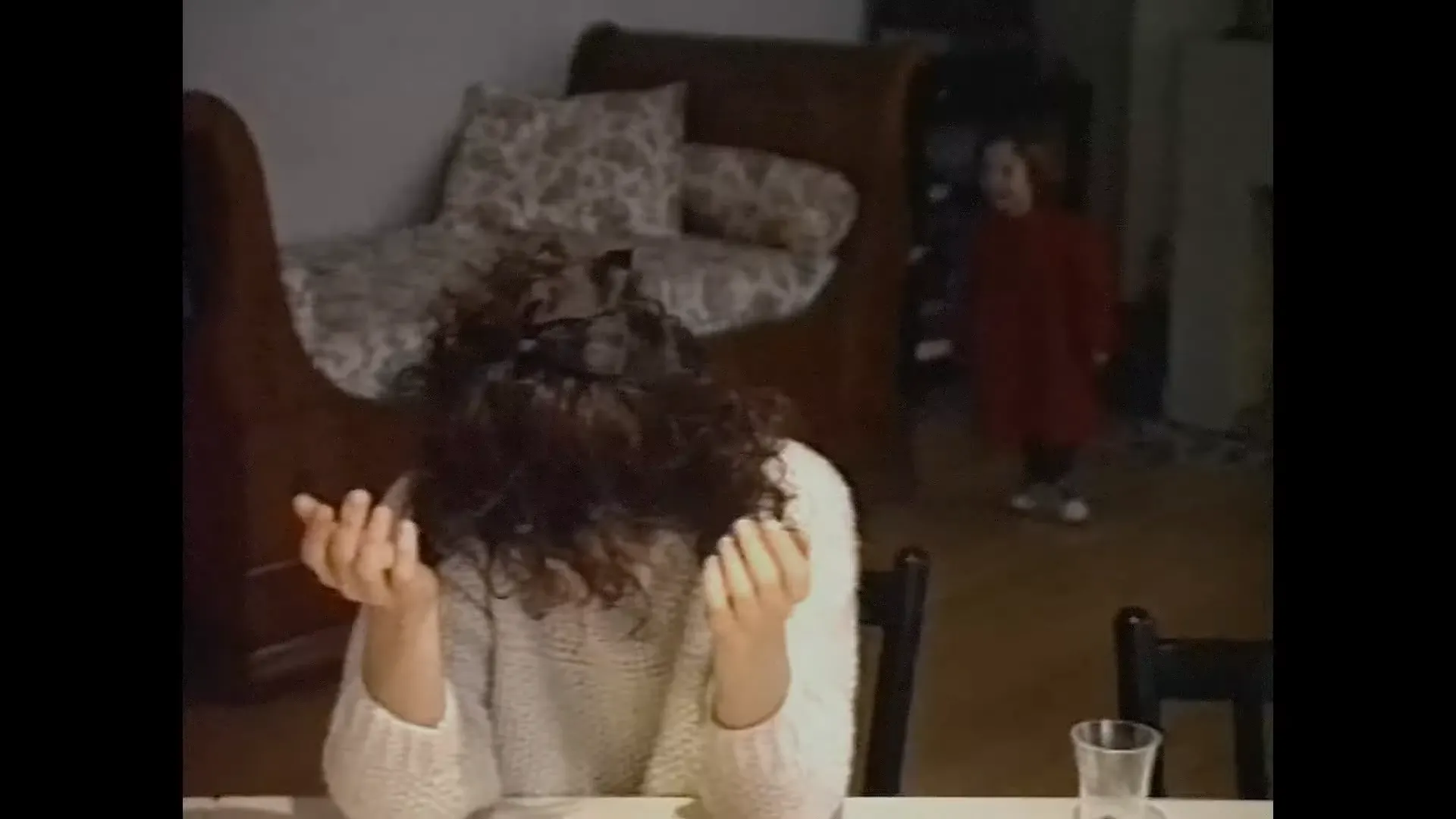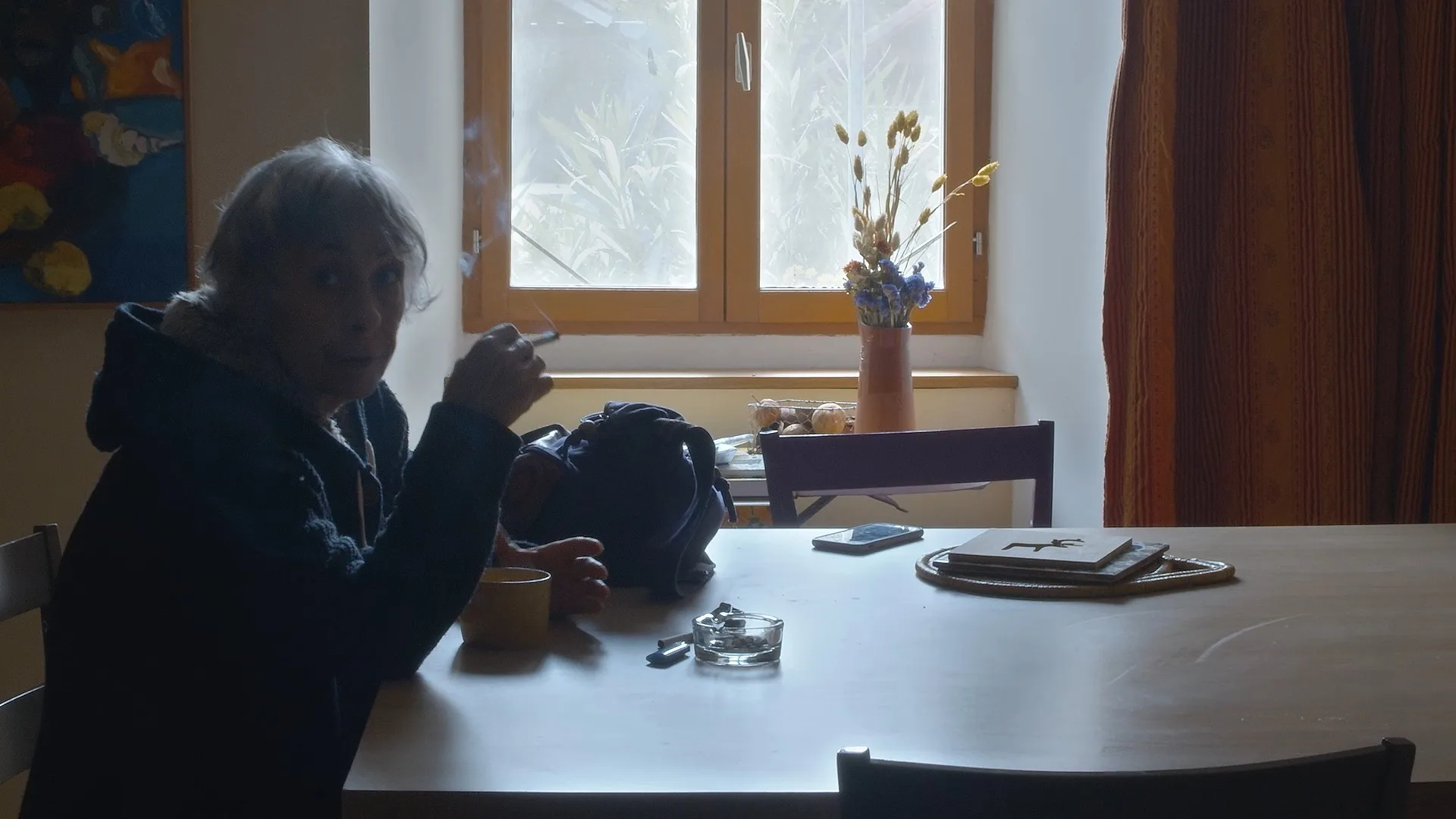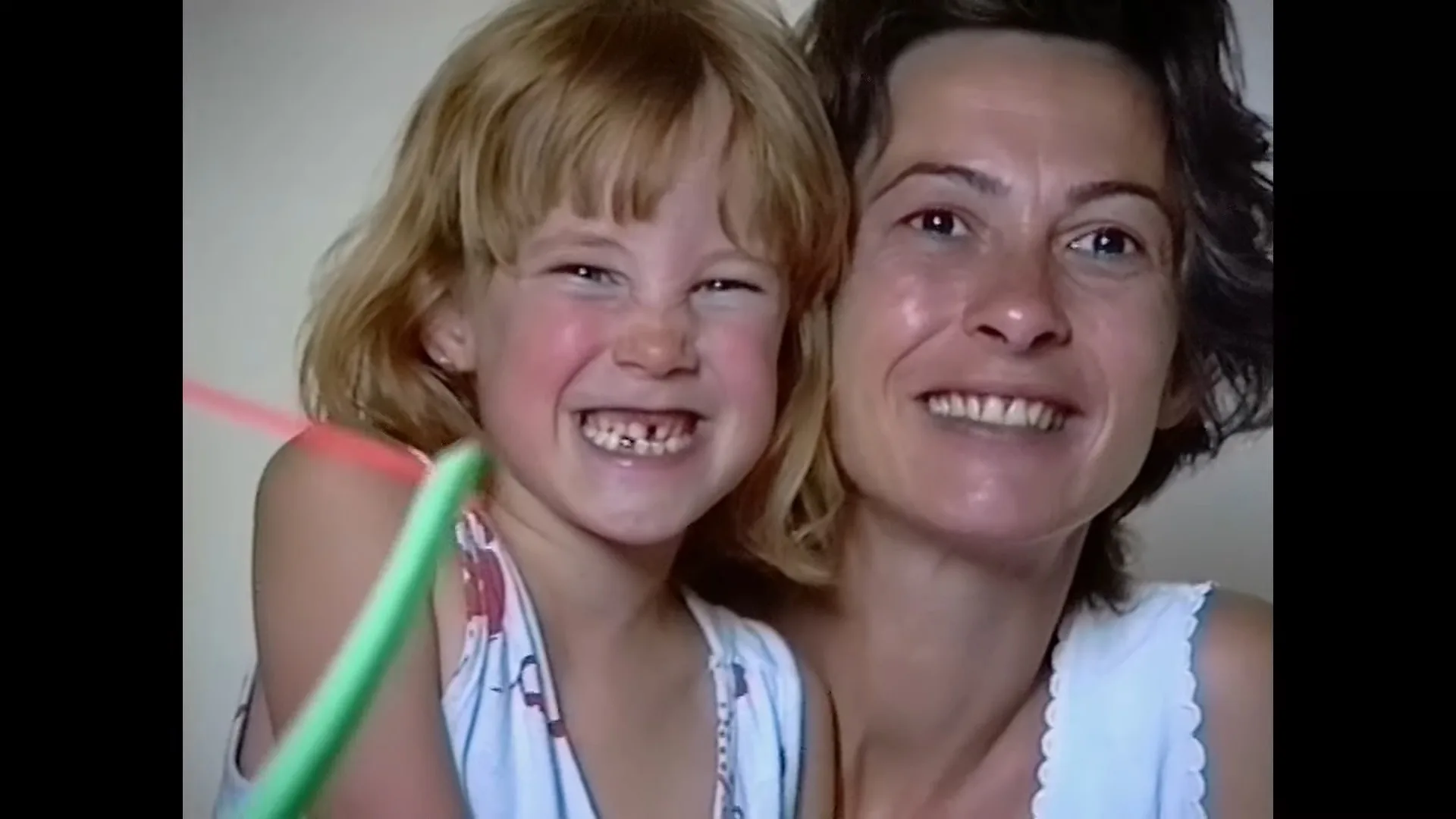Faustine Cros takes us on a journey of rediscovery in her documentary A Life Like Any Other. Using home videos compiled over decades, she reexamines her mother Valerie’s journey from makeup artist to stay-at-home parent. What was once just memories of family time now reveals deeper truths about the challenges of motherhood.
We learn Valerie put her career aside after children, a major transition. While videos captured happy moments, cracks soon emerged through Cros’ insightful editing. Small daily frustrations, loneliness, and exhaustion accumulate, conveying motherhood’s immense labor. It’s eye-opening that now in her sixties, Valerie rarely cooks as before.
Beyond portraying one woman’s experience, Cros’ film scoops up awards by starting critical conversations. It questions perceptions of parental roles and mental wellbeing. And by incorporating her own director’s eye, Cros ensures audiences view family videos with refreshed perspective and understanding.
Her documentary skills shine light on this complex subject, bringing Valerie’s reality into focus after years in the background of home movies. Both personal tale and social discussion, A Life Like Any Other offers insight that could resonate with many.
Motherhood Rediscovered
This film intimately reveals one family’s journey. We first meet Valerie, once a thriving makeup artist who put work aside for parenting. Home videos from that era show loving moments, but upon returning with new eyes, Cros notices hints of unhappiness below the surface. Her perspective transforms after learning of Valerie’s suicide attempt, strongly motivating Cros to reexamine their roots.
With purpose now, she rediscovers over decades of footage compiled by her filmmaker father. Immersing in this archive offers Cros impressive riches to craft her story, yet its contents were born from another place—merely documenting without insight into deeper struggles. Through skillful montage linking past and present, Cros bridges this gap seamlessly. Subtle edits extract emotional throughlines, gracefully tracking Valerie’s evolving experience across lifetimes captured on grainy tape.
By applying her talents to material not originally intended for such examination, Cros breathes new understanding into the home movies we’ve all created. She demonstrates video’s power for reminiscing as well as restoration when revisited with empathy and intention. Through reconnection with family roots in light of life’s turns, A Life Like Any Other emerges as a poetic portrayal of one woman’s journey and a touching tribute from a daughter dedicating herself to cherishing another perspective of her roots and reaching fresh appreciation of her mother’s humanity.
Motherhood Revealed
At first glance, the home videos show carefree moments between Valerie and her children. But with an eye tuned to her struggle, a bittersweet edge creeps in. Cros draws our focus to subtle hints in Valerie’s expressions—the smiles that don’t reach her eyes, an exhaustion only noticeable in hindsight. Mental health issues often sneak below the surface this way.
It’s clear Valerie mourned leaving her career, and the transition to full-time motherhood challenged her sense of self. Few consider how losing independence impacts well-being, but independence means everything to free spirits like Valerie. The sheer demands of child rearing leave little time for oneself, and without balance, it’s easy to lose sight of who came before.
No surprise then that Valerie’s unhappiness surfaced. But where some may judge, Cros encourages understanding. She opens a dialogue around mothers deserving identities and interests alongside their roles. No parent should have to jettison pre-child dreams entirely. By humanizing Valerie rather than condemning, Cros shows empathy is key, as is accepting that even perfect appearances sometimes disguise inner turmoil.
In shining light on these nuanced issues, the film starts conversations that empower women. For reflecting Valerie’s struggles without resentment and championing her resilience instead, A Life Like Any Other leaves audiences not with criticism but with compassion for all navigating the complex terrain of modern motherhood.
Rethinking Roles
While seemingly capturing everyday family scenes, the home videos also presented how society envisioned gender at that time. Watching Valerie enthusiastically manage home duties leaves an impression of the pressure on women to wholly embrace domesticity.
But between the light moments lay hints of true effort. Stress permeates as Valerie tends shopping mishaps and chores. Repeated images of her fatigue after cooking convey how unsung that work remains. The unending responsibilities wear down even the hardest of spirits over years.
It’s telling me these duties fell only to Valerie. The societal norms that assigned child rearing and household tasks solely to mothers pushed many to exhaustion. In reality, both partners should share such responsibilities. Cros rightfully spotlights how this imbalance rendered the labor of wives and mothers near invisible.
Now older, Valerie involves cooking much less. Perhaps experience freed her from those prescribed gender confines. As she re-examines preconceived notions, her evolution demonstrates how roles need not imprison individuals. By chronicling this journey, A Life Like Any Other starts a discussion on achieving fairness through cooperation and self-determination instead of outdated expectations.
Beyond the Surface
Home movies offer a nostalgic glimpse of family, but as films like Wim Wenders’ Paris, Texas show, they often smooth over reality’s rough edges. The videos reducing Valerie’s world to happiness obscured her inner discomforts.
In similar fashion, historical art typically frames motherhood as serene beauty, depicting Madonnas with children as flawless icons. Yet real maternal experiences hold far more complexity, as shown by Lange’s portraits of exhausted migrant women.
Valerie’s husband aimed to right her struggles by only recording family “highlights.” But a curated highlight reel fails if its subject feels unseen. Her distress lingered beneath cheerful surfaces unacknowledged.
Since capitalism’s rise, a role has been crafted: loving mothers sustaining domesticity through unpaid care. Portraying this love justified exploiting women’s work. Only now do we see how this undervalued mothers and the efforts of all in caregiving roles.
By peeling back multiple layers of facade, A Life Like Any Other exposes what institutions, from art to family films, once obscured. It offers a truth more illustrative of real lives than any idealized façade ever could.
A Director’s Empathy
Cros demonstrates poise in bringing her mother’s full humanity to light. Where home videos reduced Valerie, Cros restores depth and nuance through sensitive portrayals.
She respects privacy too, sharing just enough intimacy to understand Valerie while maintaining privacy. Cros navigates private matters deftly, prioritizing empathy over intrusion.
Crucial to understanding Valerie’s journey, archival footage blends seamlessly with new perspectives. Scenes transition with fluid grace, emotional arcs ebbing and flowing between eras. Cros nurtures insight through unmatched editorial prowess.
Despite participating, Cros never takes the spotlight meant for her mother. She observes more than inserts, supporting Valerie as the subject instead of overshadowing. Her direction shines through by shining light on another, never seeking attention for its own sake.
By treating Valerie and her story with the utmost care, compassion, and cinematographic brilliance, Cros illustrates filmmaking at its finest. She restores humanity where rigid norms once reduced it, guiding viewers to feel with her through the language of authentic, artful portraiture.
A Story for the Ages
This film unpacked motherhood in all its complexity, pulled mental health from shadows, and cast off outdated gender assumptions. In Valerie’s journey, we see how deeply norms once constrained her and how far we’ve progressed in understanding.
Cros gifts visibility to women’s private endurements long silenced. By bringing Valerie’s full humanity to light, deficiencies in societal support surface too. Though her family’s story stemmed from intimate roots, themes ring recognizable to people everywhere.
With care and artistry, Cros revived home movies from artifacts, preserving idealisms into documents, awakening deeper insight. Through nuanced portraits, a woman’s reality emerges beyond superficial films once reduced her to.
In closing, A Life Like Any Other spreads compassion. Not through finger-pointing, but by reflecting a life—and a mother—with matchless empathy. Her examination, moving in impact, reminds us that beyond facades, each individual holds a complex inner world deserving respect. On this strength, we glimpse in Valerie not just a subject but a soul.
The Review
A Life Like Any Other
A Life Like Any Other is a masterful work of empathy that has cemented Faustine Cros as a director of uncommon sensitivity. She revives home movies as a means of deep insight, crafting lively yet touching portraits that cut through surface narratives to restore fuller dimensions of experience. Through Valerie's story, a multitude of viewers may find resonance, and through compassionate examination of one life, Cros sparks meaningful dialogue with impact beyond personal origins. Hers is truly empathetic art that illuminates without condemnation, opening eyes and hearts.
PROS
- Sensitive and nuanced portrayal of Valerie that avoids criticism
- Skillful integration of archival footage and new perspectives
- Conveys emotional progression gracefully between past and present
- Raises awareness of issues like motherhood expectations, mental health, and gender roles.
- Humanizes lived experiences that institutions often reduce or obscure
- Universal themes of identity, fulfillment, and family dynamics
CONS
- Deeply personal scope may limit broader appeal
- Complex societal topics discussed but not exhaustively analyzed
- Limited contextualization of father's filmmaking intentions









































